Past Events
2015
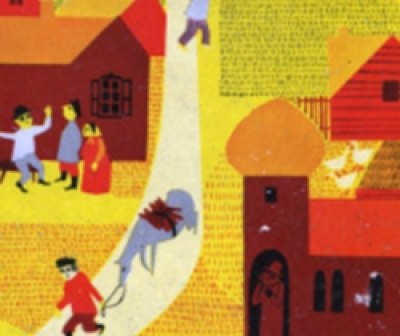
Highlights and Treasures from the YIVO Archives
As part of the first Yiddish New York festival, YIVO archivists present gems from YIVO’s rare book, sound, and manuscript collections.
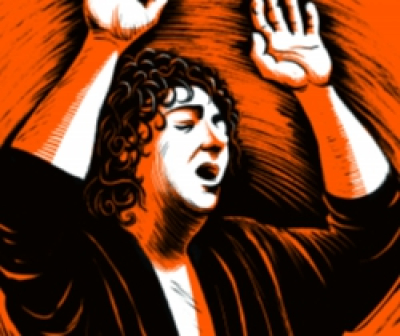
Dreaming in Yiddish: Adrienne Cooper Memorial Concert
The annual concert honoring Yiddish singer and scholar Adrienne Cooper presents the award for “Dreaming in Yiddish” to Joshua Dolgin, aka Socalled.
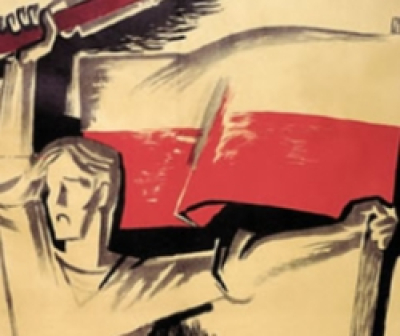
The Polish Underground and the Jews, 1939–1945
Joshua Zimmerman sheds new light on the Polish Underground’s treatment of Jews during World War II.

Gershwin, Copland, Bernstein: Jewish Roots in American Music
The Sidney Krum Young Artists and scholar Orin Grossman explore the Jewish influences on the work of three seminal 20th century American composers.
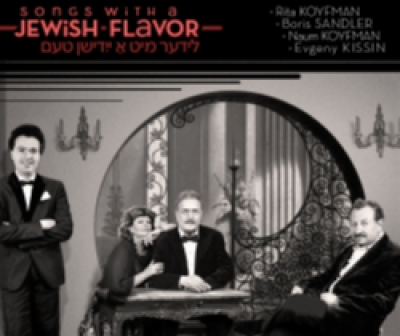
Soviet Songs with a Jewish Flavor: Evgeny Kissin, Boris Sandler, Margarita and Nukhim Koyfman
Pianist Evgeny Kissin, Boris Sandler, and others present an evening of popular Soviet music from their album Songs with a Jewish Flavor.
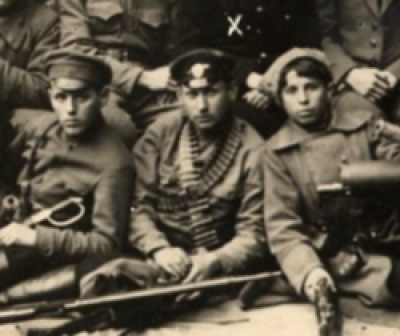
Chronicling a Dead City: The Fate of the Dubovo Shtetl in 1919
Elissa Bemporad uses the story of the Dubovo shtetl during the Russian Civil War as a case study for the “death of the shtetl” and its impact on Soviet Jews.
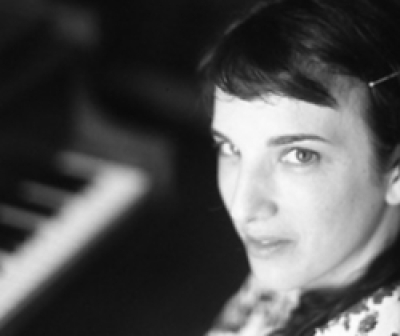
Judith Berkson Presents: Cantorial Music from the YIVO Archives
Judith Berkson, Frank London, and ensemble present Berkson’s original cantorial composition inspired by YIVO holdings, and reinterpretations of music from the golden age of cantorial music.
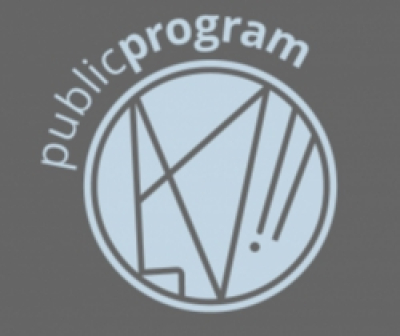
A Laboratory for Forced Labor: The Jews in East-European War Zones, 1914-1924
Lecture by Thomas Chopard, recipient of the YIVO Fellowship in Eastern European Jewish Studies (The Professor Bernard Choseed Memorial Fellowship and the Natalie and Mendel Racolin Memorial Fellowship).

Exhibition Opening - Jewface: "Yiddish" Dialect Songs of Tin Pan Alley
Join Eddy Portnoy, Jody Rosen, and Alana Newhouse for a look at the images, language, and music of the “stage Jew,” a common character in vaudeville a century ago.

Mobilizing the Shtetl: Betar and the Quest to Transform Small-Town Jewish Life in Interwar Poland
Scholar Daniel Heller follows the tensions between urban Betar organizers and small-town Jewish youth as activist movements swept 1930s Poland.
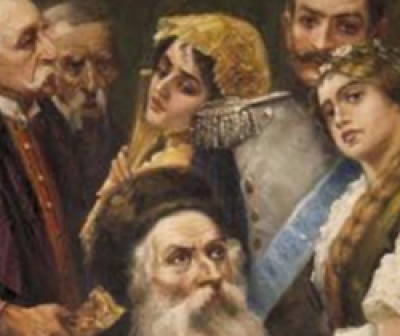
Jankiel's Legacy: Poland's Klezmer Music Heritage
Acclaimed tsimbl players Pete Rushefsky and Walter Zev Feldman join special guests for a multi-media presentation and performance exploring Poland's klezmer heritage.

“And now I have to read in Jewish something”: Yiddish Performances by Holocaust Survivors
In the USC Shoah Foundation’s interviews with Jewish survivors, dozens of them recite poems and sing songs in Yiddish. Jeffrey Shandler explores the meaning of these performances amid memories of the Holocaust.
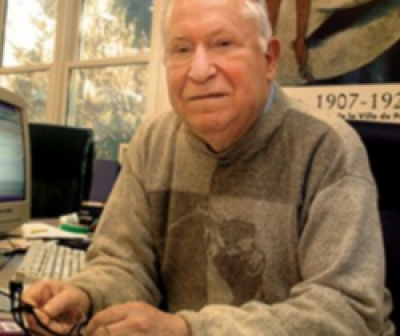
Remembering Benjamin Harshav
Join us to celebrate the life and work of Benjamin Harshav (1928-2015), eminent translator, poet, and scholar of Hebrew and Yiddish literature.

The Gymnasium Yavne: Lithuanian Jewish Girls’ Education in Telz
YIVO Fellow Isabelle Rozenbaumas presents her multi-modal journey toward understanding Lithuanian Jewry through the lens of a Jewish girls’ school.
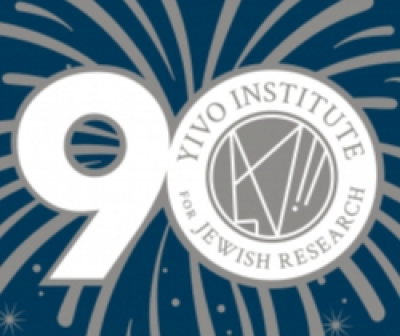
90th Anniversary Gala
The YIVO 90th Anniversary Gala honored Leon Botstein, President of Bard College, and New Yorker cartoonist Roz Chast.

Peretz Markish and the Destruction of Soviet Jewish Culture
This program marks the 120th anniversary of the birth of poet and playwright Peretz Markish, discussing his Yiddish writing, biography, and the political context surrounding the 1952 “Night of the Murdered Poets.”

Hope and Fear: Y. L. Peretz and the Forging of Modern Jewish Culture
On the 100th anniversary of Peretz's death, Michael Steinlauf, Jeremy Dauber, Ken Frieden, and Martin Peretz discuss the great Yiddish author’s contributions to folklore, literary culture, and Jewish political consciousness.
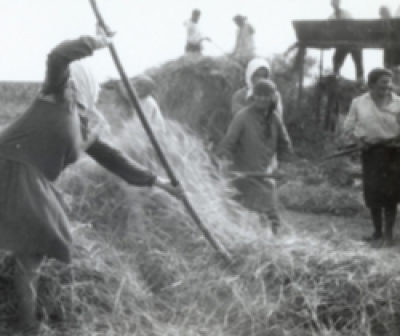
The Great Terror in the USSR and the Destruction of the Agro-Joint Program
Joint Distribution Committee archivist Misha Mitsel shares his discovery of the stories of 200 Agro-Joint employees targeted by Stalin’s Great Purge.
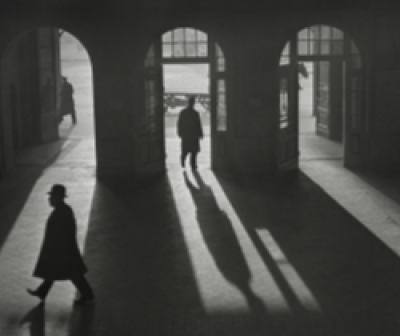
Roman Vishniac Rediscovered
This symposium brings together scholars and curators to discuss photographer Roman Vishniac’s East European oeuvre as well as his newly appreciated artistic range.

A Guest at the Shooters' Banquet: My Grandfather and the SS, My Jewish Family, A Search for the Truth
Author Rita Gabis reads from her new memoir and discusses her discovery of her bewildering family heritage: part Jewish, part Lithuanian resistance, part Gestapo.

Lawrence H. Summers on Academic Freedom and Anti-Semitism
Lawrence Summers analyzes the Boycott, Divestment, and Sanctions movement and its impact on academic freedom.
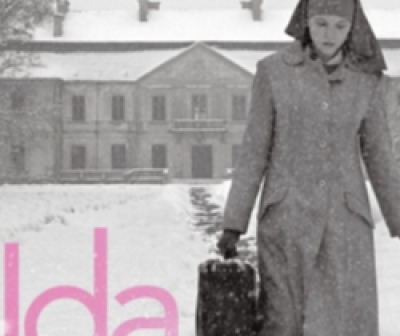
IDA: Commemorating the 50th Anniversary of Nostra Aetate
This screening of the Academy Award-winning Ida marks the anniversary of the seminal Second Vatican Council document denouncing anti-Semitism.

No Asylum: The Untold Chapter of Anne Frank’s Story
No Asylum, a film informed by YIVO’s “Otto Frank File,” reveals the story of the Frank family as they sought American asylum during World War II.

Vilna in a Decade of Destruction and Renewal
This course will explore the life, death, and afterlife of Jewish Vilna during the fateful years 1939-1949.

Both Ground and Plow: Looking for Vilne
In YIVO’s annual commemoration of the Vilna Jewish community, Rita Gabis, Yelena Shmulenson, Ellen Perecman, and others explore Vilna’s presence in poetry, music, and personal history.

Night of the Murdered Poets
On August 12, 1952, thirteen Jews were murdered by Stalin’s regime, falsely accused of treason and espionage. Half of these Jews were celebrated Yiddish writers and artists.
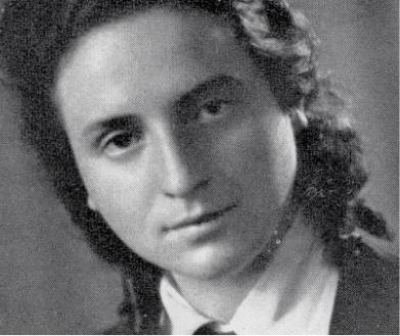
New York Premiere of “Chava Rosenfarb: That Bubble of Being”
Chava Rosenfarb, noted Yiddish writer and major Holocaust literary figure, discusses her life in Lodz before the Holocaust, her years in the Lodz Ghetto, in Auschwitz, in Bergen-Belsen, and her career as a Yiddish writer in Montreal.

Annual Memorial in Honor of Mordkhe Schaechter
Former students, colleagues, family, and friends of the celebrated Yiddish language teacher, linguist and scholar gather in his honor for this annual commemoration.

The Pious Ones: The World of Hasidim and Their Battles with America
In his most recent book, The Pious Ones (Harper Collins), veteran New York Times journalist Joseph Berger investigates the complex web of issues surrounding American Hasidim today.
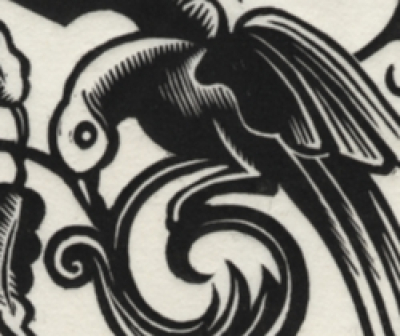
Exhibition Opening: Graphic Works and Sketches of Solomon Yudovin (1920-1940)
Presented in collaboration with the Russian American Foundation and the Russian Museum of Ethnography, this exhibit features works of the renowned Russian-Jewish artist, ethnographer and scholar of Jewish traditional art, Solomon Yudovin.
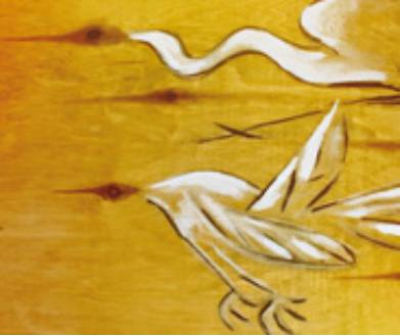
Night Songs from a Neighboring Village: Ballads of the Ukrainian & Yiddish Heartland
Night Songs from a Neighboring Village is a concert program pairing two musical traditions—East European Jewish and Ukrainian—that have existed side by side and nourished each other for centuries.
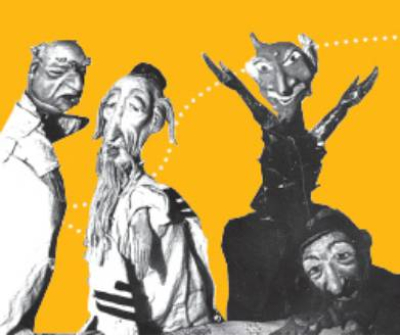
The Modicut Project: World Premiere
If you were lucky enough to see the Great Small Works’ work-in-progress version of their reinterpretation of Modicut, the first Yiddish language puppet theater in the U.S., you’ll definitely want to return for this world premiere.

Dmitry Bykov in Conversation with Jonathan Brent - Isaac Babel: Life and Works
Dmitry Bykov and Jonathan Brent join for an intimate conversation about Isaac Babel's Russian Jewish identity, his life, the myth of Babel, and his contribution to literature.
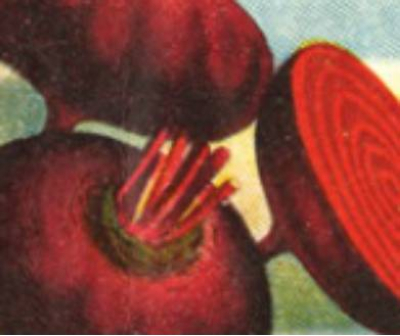
A Night at Lewando’s: The Book Launch of The Vilna Vegetarian Cookbook
In 1938, Fania Lewando, the proprietor of a popular vegetarian restaurant in Vilna, published a Yiddish vegetarian cookbook including 400 recipes, impassioned essays about the benefits of vegetarianism, and lush full-color drawings of vegetables and fruit.

The Destruction of “Our” Vilne: Avrom Sutzkever’s Ghetto Poetry and Chaim Grade’s Poetry of Exile
Miriam Trinh presents the two writers’ reactions to the Holocaust from the twin Jewish perspectives of ghetto and exile.

On the Waves of Ether: Yiddish Language Programming on Polish Radio, 1945-1958
In this talk, Anna Rozenfeld discusses Yiddish radio programs in postwar Poland, and why they were especially meaningful to survivors and Jews abroad.
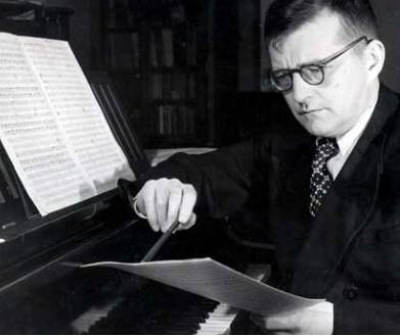
Shostakovich and Weinberg: A Musical Friendship
Dmitri Shostakovich (1906-1975), a famous Soviet composer and Mieczyslav Weinberg (1919-1996), a Jewish composer who was persecuted by the Soviet State, had an unusual and long-term personal and professional relationship.

Building a Future in America: YIVO’s 90th Anniversary Celebration
A day-long celebration of YIVO’s 90th anniversary with film screenings, panels and more, exploring the history of YIVO’s pioneering work in the U.S. over the last 75 years, and its future.

The Frankfurt School on Israel
In the decades following Israel’s establishment, subtle variations appeared in the attitudes of key Jewish members of the Frankfurt School—figures like Max Horkheimer, Leo Lowenthal, Erich Fromm, and Herbert Marcuse—toward the Jewish state.

From Destruction to Rebirth: Jewish Displaced Persons After the Shoah
By 1947, 250,000 survivors lived in Displaced Persons Camps in post-war Germany. Avinoam Patt and others mark the 70th anniversary of the end of the Shoah with a special look at life in the DP camps following the war.

Libe and Linguistics: Towards an Archive of Yiddish Sexuality
In this talk, Zohar Weiman-Kelman draws on multiple projects that examined Yiddish sexuality in the twentieth century, and takes initial steps in generating a queer Yiddish archive of sexuality.
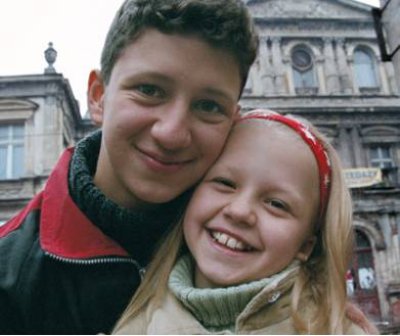
Poland TODAY | The New York—Warsaw—Krakow Connection
For centuries, Poland was home to the world's largest Jewish population—totaling 3.5 million in 1939, before the Holocaust all but extinguished their world. Today the culture has made a small comeback.

‘Lib’Ele Duo’ Present: The Yiddish-French Connection
French singers Eléonore Biezunski and Eléonore Weill team up as the ‘Lib’Ele Duo’ (The Dragonflies) to present this rare concert blending French and Yiddish music with special musical guest Pete Rushefsky.

Creating Songs in Boiberik: Singing Peace at “Felker Yontev”
Each year from 1922 until 1978, when it closed, the secular Yiddish summer camp Camp Boiberik hosted the “Felker Yontev” (Holiday of Nations) Yiddish pageant, enacting Isaiah’s prophetic vision of world peace.

Personal History: Searching for the Past in Home Movies
The home movies featured in Letters to Afar were taken by NY Jewish immigrants who traveled back to Poland to visit during the 1920s and 30s. How do we view these films generations later?

A Taste of the Old World: Jewish Food and Memory
Join a panel of leading food writers, purveyors and restaurant owners for a panel discussion about the powerful connection between Jewish food and East European Jewish memory.

Towards a Yiddish Architecture
While Jews once comprised a sizable element of most East European cities, they were never the dominant culture. How did they assert their presence in the urban landscape despite their lack of political power?

Planning for the Jewish Future: Standards for Yiddish in the 20th and 21st Centuries
How does standardizing Yiddish relate to planning a healthy Jewish future? In this lecture, Dr. Rakhmiel Peltz leads us on a panoramic trip through the struggle for standards in society and Jewish culture.

Toyznt tamen = A Thousand Flavors
Celebrate the release of Toyznt Tamen = A Thousand Flavors, a new recording by Yiddish singer and songwriter Miryem-Khaye Seigel.

Behind the Lens: New York Jews between the Wars
In this program, four historians dig into the YIVO Institute's archives and present us with a rarely-seen portrait of New York Jewish life in the 1920s and 30s.

Live from the Gallery: The Klezmatics Play Letters to Afar
In this evening, the Grammy-winning, New York-based Klezmatics will perform an acoustic version of the score they composed for the installation, along with related music.

Poets as Smugglers: Sutzkever, Kaczerginski, and How the Remnants of the YIVO Archive Reached New York
This lecture will tell, for the first time, the dramatic story of how Kaczerginski and Sutzkever “stole” the treasures out of the Vilnius Jewish Museum, secretly moved them across the border to neighboring Poland, and later whisked them across Europe to Paris.




